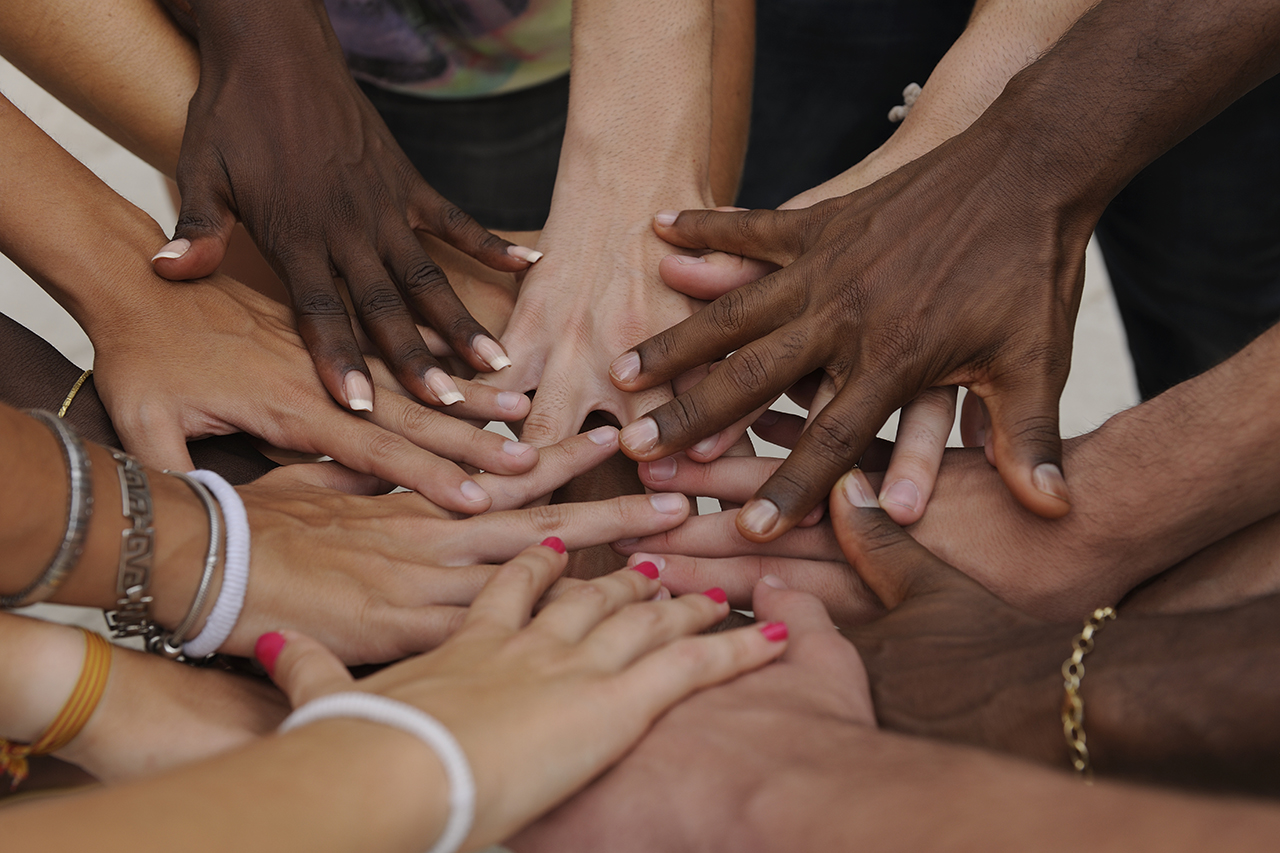Jason Vasquez has a Ph.D. in counseling psychology and is a psychologist at Student Counseling Services. He helped to found Voices of Discovery on campus, and leads workshops in understanding microaggressions, privilege and power, and bias and discrimination.
Over the past 10 years, colleges and universities have become increasingly diverse, yet despite these demographic changes students of color continue to feel isolated and marginalized on-campuses throughout the country. Last semester, Illinois State published the findings of the Campus Climate Report (April, 2016). Similar to reports published on other campuses, women and students of color described experiencing microaggressions, both in the classroom and on-campus. In that report, participants described frequently feeling isolated, invalidated, and stereotyped.
Research investigating racial microaggressions defines them as “brief and commonplace daily verbal, behavioral, and environmental indignities, whether intentional or unintentional, that communicate hostile, derogatory, or negative racial slights and insults to the target person or group” (Sue et al., 2007). Targets of microaggressions often experience being treated like a second-class citizen, having their intelligence and abilities questioned, endure name calling and other verbal slights, and are generally made to feel unwelcome.
Because microaggressions are often subtle in nature, people who experience them are often left questioning their own perceptions and reactions. Common reactions to experiences of microaggressions include feelings of anxiety, depression, anger, helplessness, weariness of strangers, and hopelessness. Chronic exposure to experiences of racism has been linked to depression, autoimmune disorders, and other disorders that compromise the body’s ability to maintain wellness (Roberts & Matlock, 2013).
Prepare yourself to encounter these situations by shifting from a perspective of apathy to an attitude of action. — Jason Vasquez
As members of the Redbird community we should all be aware of microaggressions and be prepared to intervene. The first step is to educate yourself about microaggressions and other forms of bias. Prepare yourself to encounter these situations by shifting from a perspective of apathy (e.g., “I am just one person, what can I do?”) to an attitude of action (i.e., “I am someone who will speak out against racism!”). Develop ready responses aimed at intervention, such as “What do you mean by that?” or “What you are saying or doing is offensive.” Considering that microaggresions are often committed by people who are unaware that what they are saying or doing is offensive and hurtful, it may be important to use this as a teaching moment rather than shaming someone for their actions. A teaching moment may involve presenting a different way of viewing the situation that the person who committed the microaggression may not have considered. We need to be willing to have difficult dialogues to create an understanding of and empathy for one another. If you find yourself in a situation where you have committed a microaggression try not to get defensive towards the individual speaking up. Instead, try to be open to learning more about why this was hurtful to the other person. Stay away from invalidating comments like, “You’re too sensitive!” or “That’s how people talk or behave.”
One of the cornerstones of our community is our commitment to diversity through cultural understanding and social justice. Mahatma Gandhi once said, “You must be the change that you want to see in the world.” I believe that this is our opportunity to stand up to intolerance and foster a more inclusive community for everyone. If you would like to learn more about microaggressions and how to deal with these incidents effectively, Student Counseling Services in collaboration with other campus partners plans on facilitating Bystander Intervention Training for Standing Up to Microaggressions next semester.


